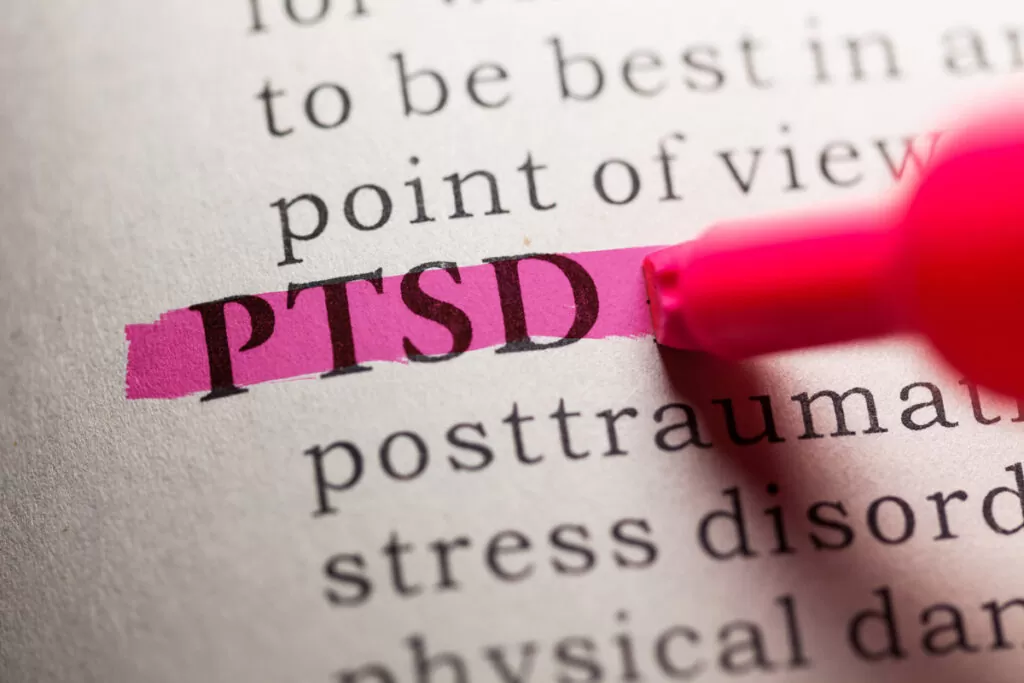Post-Traumatic Stress Disorder (PTSD) is a mental health condition that can develop after a person experiences a traumatic event. While plenty is known about the effects of PTSD on Caucasian Americans, very little is known about its development in one of the “largest and fastest-growing minority groups in the United States.” The Latinx community is exposed to a higher rate of PTSD, with an estimated rate of 27.9% compared to the 13.7% PTSD prevalence in non-Hispanics.
By offering culturally sensitive trauma and PTSD therapy in Chicago at Latinx Talk Therapy, we believe our therapists can help treat trauma at its core. We know navigating past trauma is no easy feat, but we’re here to help every step of the way. Give us a call at (312) 620-7551, or contact us en línea to get the care you need today.
What Causes PTSD?
PTSD can stem from various traumatic events such as physical or sexual assault, natural disasters, combat experiences, racial discrimination and violence, and more. The severity of trauma, the individual’s proximity to the event, and personal resilience and cultural barriers can influence the likelihood of developing PTSD. It’s crucial to understand that not all traumatic events lead to PTSD, and individual responses can vary.
Trauma vs. PTSD
Trauma comes in different forms. Big “T” trauma refers to major, life-threatening events like war, severe accidents, or sexual assault. Little “T” trauma encompasses more common stressors like divorce, bullying, or loss. While both can be distressing, the distinction lies in the intensity and potential long-term impact on an individual’s mental health. PTSD often arises from Big “T” traumas, but Little “T” traumas can also contribute to psychological distress.
Symptoms of PTSD
PTSD symptoms can manifest in various ways and may appear shortly after the traumatic event or even years later. Common symptoms include intrusive memories, flashbacks, nightmares, avoidance of reminders, negative changes in mood and thinking, heightened reactions, and difficulty concentrating. If you are experiencing any of these, PTSD therapy in Chicago poder ayudar.
CBT Therapy
PTSD therapy is a fundamental component of PTSD treatment. An effective form of therapy is Cognitive Behavioral Therapy, also known as CBT. CBT helps individuals identify and change negative thought patterns and behaviors associated with the trauma. It is goal-oriented and focuses on developing healthy and positive strategies to manage PTSD symptoms.
Goal-Setting in PTSD Therapy
Setting goals is an integral aspect of PTSD therapy. Goals provide individuals with a sense of direction, purpose, and achievement. Trauma and PTSD therapists work with patients to establish realistic and attainable objectives, such as improving sleep, reducing anxiety, or re-engaging in social activities. Goal setting fosters a sense of control and empowerment, which is vital for those grappling with the aftermath of trauma.
Trauma and PTSD Therapy in Chicago
As a Latinx practice, we understand the cultural stigmas that surround seeking mental health services. We are taught that we must push our feelings down and keep things moving for the betterment of our families and responsibilities. But that isn’t a way to live—especially for such a lively and vibrant culture. Remember, help is just one call away. Contact us en línea o llame al (312) 620-7551 to book an appointment today.
